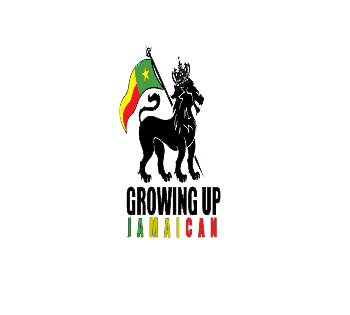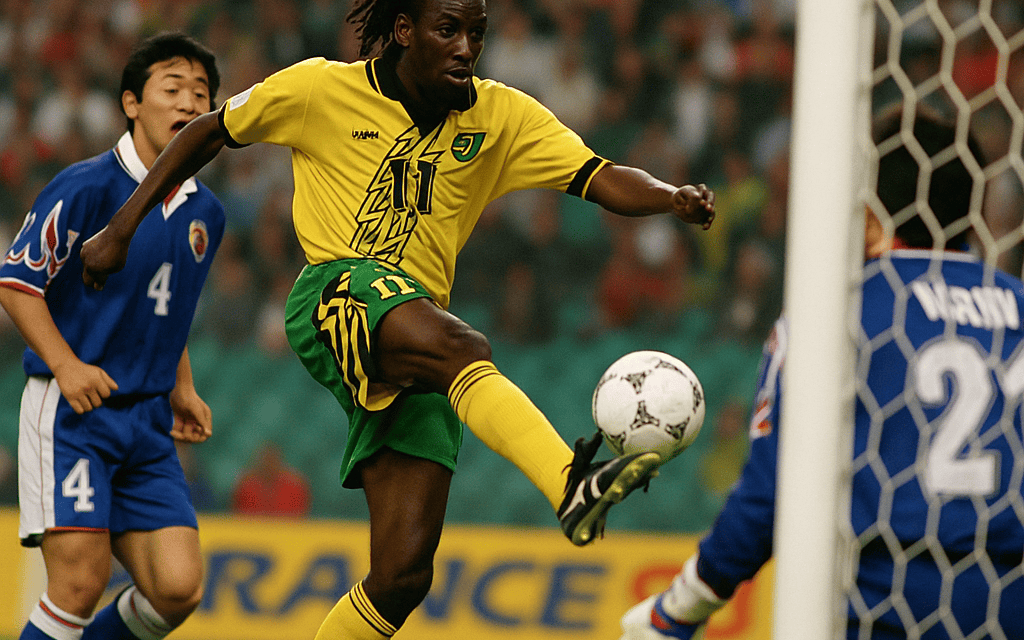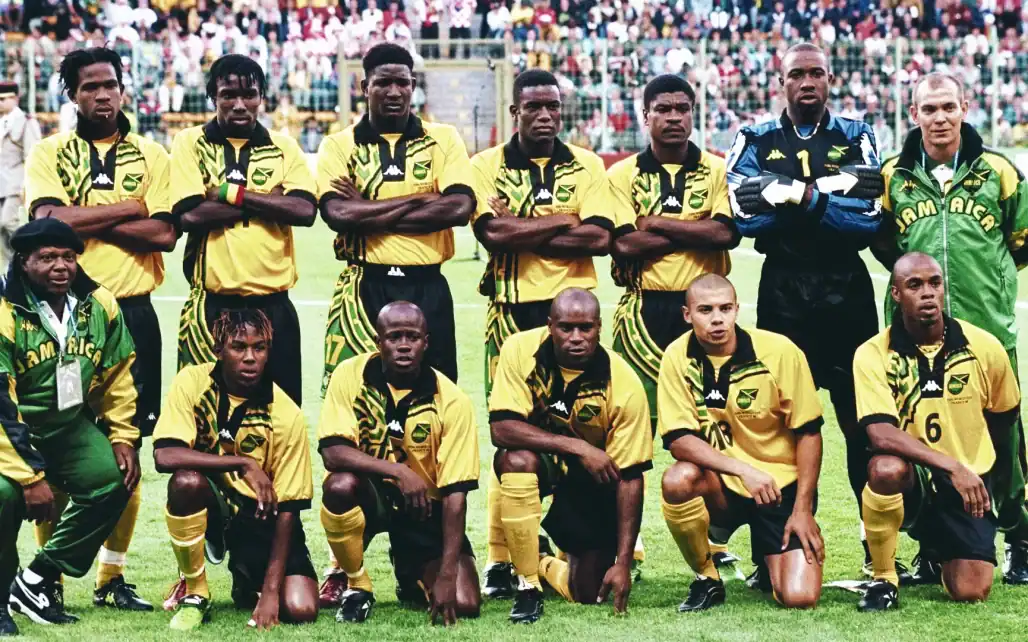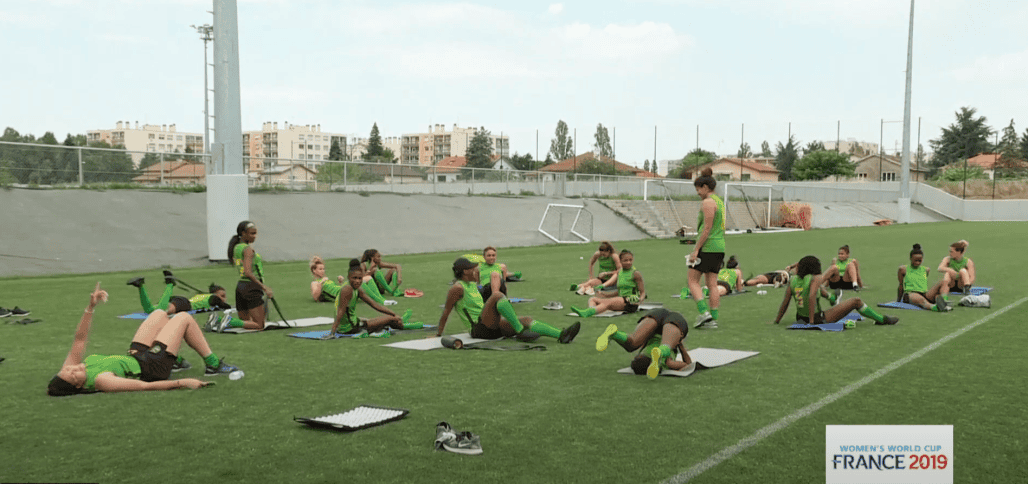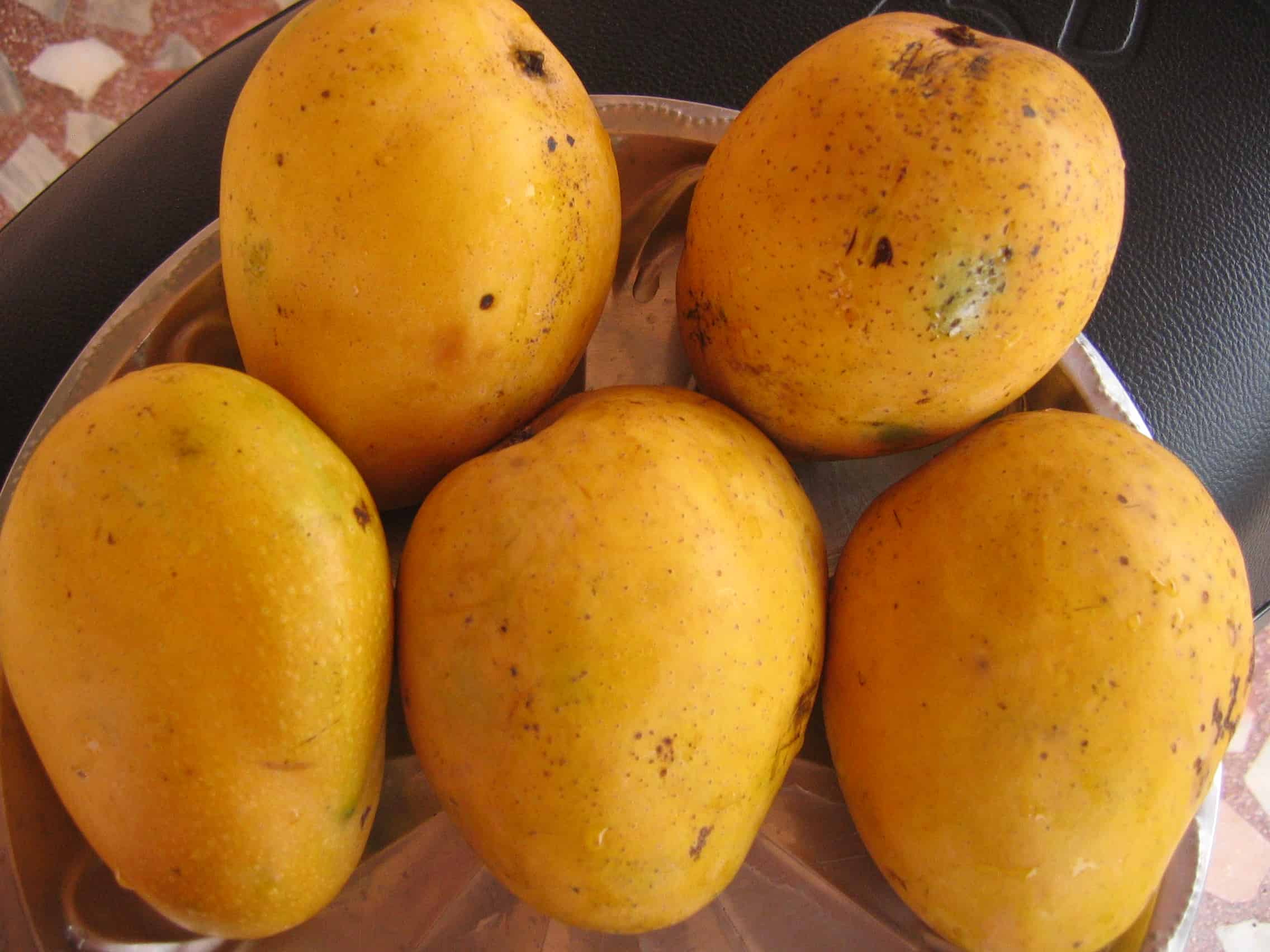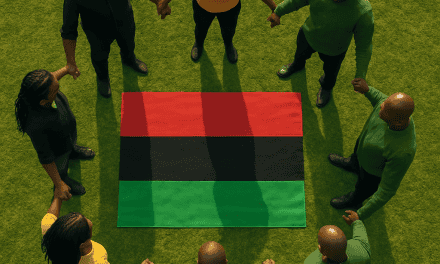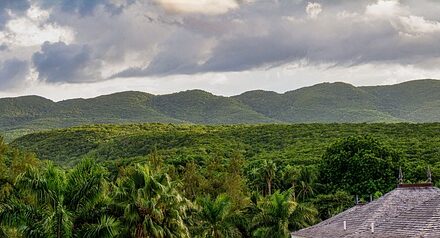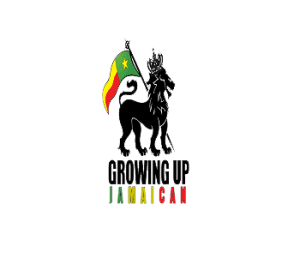The Reggae Boyz and Reggae Girlz: Jamaican Football In Action
People know Jamaica for reggae music, beautiful beaches, a vibrant culture, and track and field greatness. But one of Jamaica’s lesser-known talents is its fierce football tradition. The national football teams, known as the Reggae Boyz and the Reggae Girlz, have cemented their names into international football history in inspiring ways. Let’s explore these stories and show past triumphs, present challenges, and the promising future ahead.
Reggae Boyz and Reggae Girlz
We call our football team the Reggae Boyz and Reggae Girlz to show the deep connection they have to our musical traditions. They represent Jamaican pride, identity, and a connection to Jamaica’s top cultural export — reggae and dancehall music. Reggae Boyz and Reggae Girlz capture the deep essence of the island. Just like reggae, football in Jamaica brings people together and creates a warm and positive atmosphere for everyone around.
For many Jamaicans, hearing these names brings a sense of unity and hope. When the Reggae Boyz or Reggae Girlz take the field, it’s not just a game — it’s Jamaica stepping into the global spotlight, waving the black, green, and gold for all to see.
The Reggae Boyz: A Historic Journey to France ’98
The most iconic moment in Jamaican football history came in 1998 when the Reggae Boyz qualified for their first-ever FIFA World Cup. For a small island nation with limited resources and a deep passion for football, this was nothing short of miraculous.
Road to France
The road to the 1998 World Cup was grueling. Under the guidance of Brazilian coach René Simões, the Reggae Boyz transformed from a regional team into a competitive international squad. Simões, alongside local coach Carl Brown, built a disciplined and organized team, blending domestic talents with overseas-based players.
Through determination, heart, and sheer grit, Jamaica finished third in the final round of the CONCACAF qualifiers, behind Mexico and the United States, but ahead of more seasoned teams like Costa Rica and El Salvador.
Beating Japan: A Moment to Remember
Once in France, the Reggae Boyz were placed in a tough group with Argentina, Croatia, and Japan. Their first two matches ended in losses — 3-1 to Croatia and 5-0 to Argentina — but we still kept the faith.
Our historic match came against Japan on June 26, 1998.
The Reggae Boyz went into the game determined to leave the tournament with their heads held high. Powered by goals from Theodore Whitmore — who scored twice — We earned our first-ever World Cup win by beating Japan 2-1. That victory made headlines around the world. It wasn’t just about the scoreline — it was about a nation defying odds, standing proud, and showing that Jamaican football had arrived on the world stage.
Even today, that win over Japan is celebrated as one of Jamaica’s proudest sporting moments.
The Reggae Girlz: Rising From the Ashes
While the Reggae Boyz made headlines in the late ’90s, the Reggae Girlz were just getting started on their long and challenging journey.
For years, women’s football in Jamaica lacked proper funding, media attention, and support from the local football federation. Despite these problems, a group of passionate female athletes kept the dream alive, training on poor pitches, often with minimal resources.
A Marley Steps In
A key turning point came when Cedella Marley, daughter of legendary musician Bob Marley, became a passionate supporter of the Reggae Girlz. In 2014, Cedella stepped in as a benefactor and ambassador, using her influence and resources to raise awareness and support for the team.
Her involvement helped revitalize the Reggae Girlz program. With better funding, international training camps, and more visibility, the team began to evolve.
World Cup Debut: France 2019
In 2019, the Reggae Girlz made history by becoming the first Caribbean nation to qualify for the FIFA Women’s World Cup. Coached by Hue Menzies, the team featured a mix of homegrown talents and overseas players, especially from the United States and England, many of whom had Jamaican heritage.
Although they didn’t make it past the group stage, just qualifying for the tournament was a monumental achievement. The Reggae Girlz had finally stepped onto the world stage — and they weren’t just there to make up numbers.
Foreign Influence: A Double-Edged Sword?
One of the key strategies behind the rise of the Reggae Girlz has been the recruitment of foreign-born players of Jamaican descent. In many ways, this has accelerated the team’s progress. Players from countries like England, Canada, and the United States bring with them higher levels of training, competitive experience, and exposure.
Names like Khadija “Bunny” Shaw, Deneisha Blackwood, Chantelle Swaby, and Drew Spence have become household names, with Bunny Shaw in particular standing out as a superstar. Shaw, who plays professionally in Europe, is a goal-scoring machine and captain of the team. Her performances have been vital to the Girlz’ success.
However, this strategy also sparks debate within Jamaican football circles. Some argue that relying too heavily on foreign-based players might overlook local talent and stunt the development of homegrown footballers. Others say it’s a necessary step to remain competitive in global tournaments, especially given the limited infrastructure in Jamaica.
Recent Successes and Challenges
After their historic World Cup debut in 2019, the Reggae Girlz returned to the global stage in 2023, qualifying again for the FIFA Women’s World Cup — a huge feat considering the ups and downs they faced with funding and coaching changes.
During the 2023 tournament, the Girlz impressed the world by reaching the knockout stage, a first for any Caribbean team. They held powerhouses like France and Brazil to goalless draws and defeated Panama. Their defensive strength and tactical discipline were on full display.
Meanwhile, the Reggae Boyz have continued to be competitive within the CONCACAF region. Though they haven’t qualified for another World Cup since 1998, the team remains a respected force. In recent years, the Jamaica Football Federation (JFF) has upped the recruitment of players from the English Premier League and lower leagues in Europe who have Jamaican roots. Players like Leon Bailey, Michail Antonio, and Demarai Gray have helped to elevate the team’s competitiveness.
With this influx of overseas talent and continued investment in coaching, there is optimism that the Reggae Boyz will return to the World Cup in the near future.
The Road Ahead
The future looks bright for both the Reggae Boyz and Reggae Girlz, but there are still hurdles to overcome.
For the Reggae Boyz:
- Consistency in management and coaching is needed.
- Better infrastructure and youth development programs must be prioritized.
- Continued investment in local leagues will help grow homegrown talent.
For the Reggae Girlz:
- Sustainable funding and institutional support are crucial.
- Balanced development between local players and diaspora stars must continue.
- The team must build on recent successes and stay competitive in upcoming qualifiers and tournaments.
Both teams have what it takes to dominate not just the Caribbean, but to make real waves globally — if given the right support.
The Reggae Boyz and Reggae Girlz aren’t just national football teams — they are symbols of what Jamaica stands for: resilience, creativity, and excellence against all odds. They embody the island’s motto: “Out of Many, One People.”
From the unforgettable win against Japan in 1998 to the breakout performances of the Reggae Girlz in 2023, these teams have given Jamaicans moments of joy, unity, and pride that will be remembered for generations.
As the global football community takes note, Jamaica continues to rise, one match at a time.
